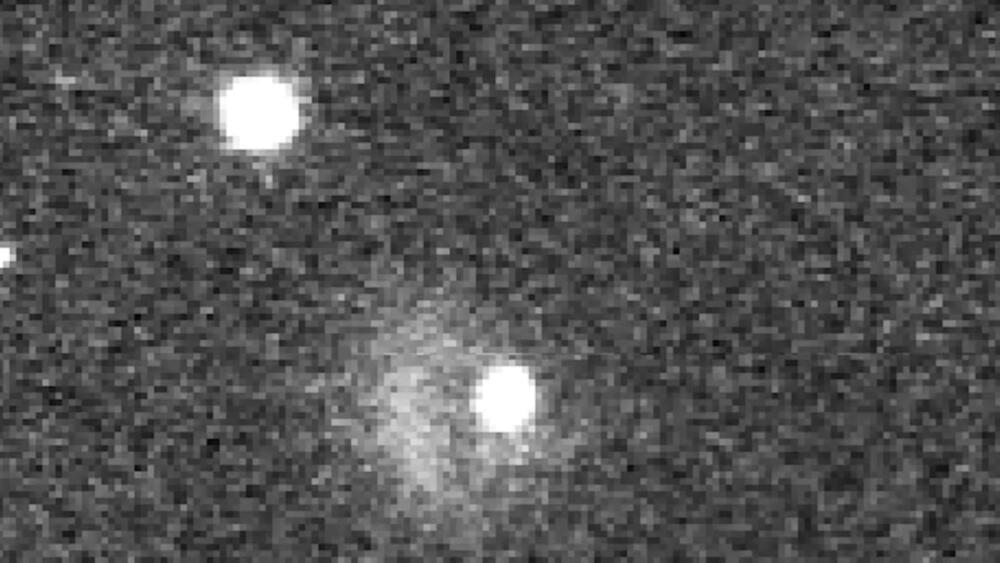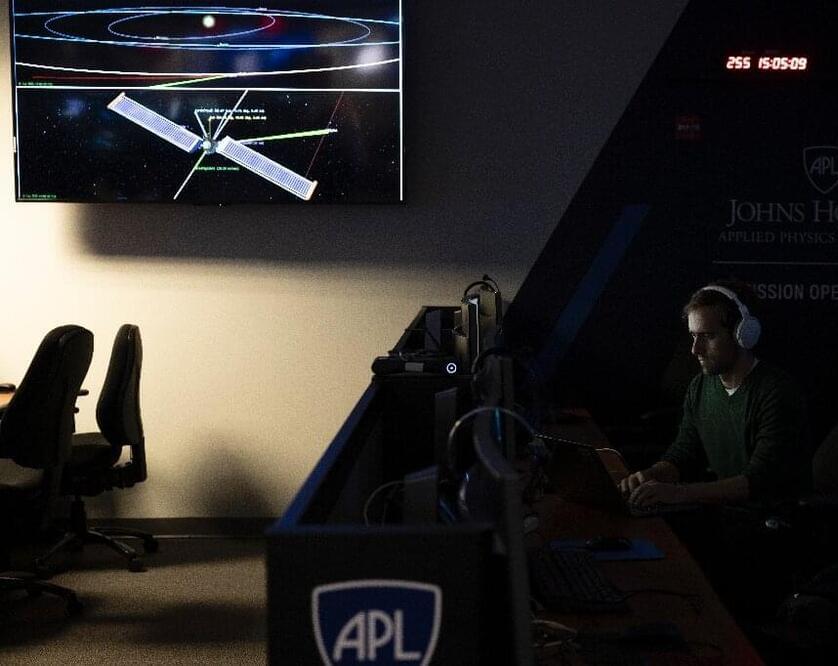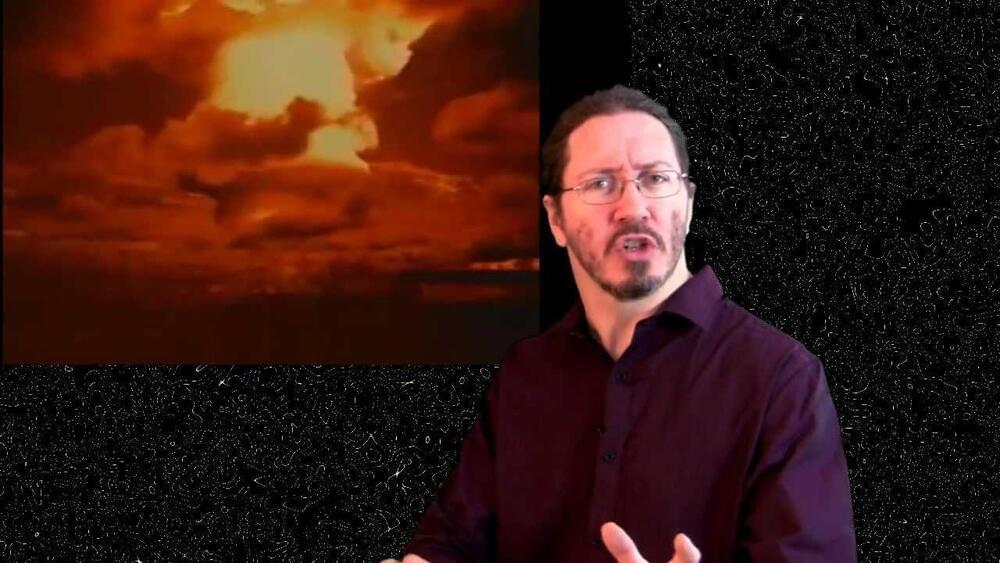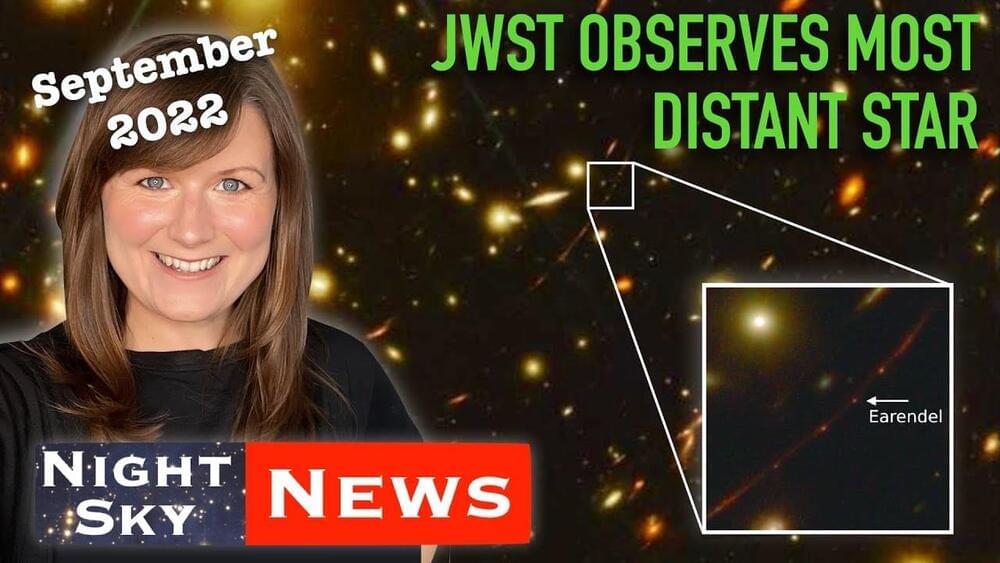Oct 4, 2022
Putin may test underwater nuke 150 times stronger than Hiroshima bomb near Ukrainian border: report
Posted by Quinn Sena in categories: drones, existential risks, military
Defense officials fear Russian President Vladimir Putin may flex his military power by testing a massive nuclear torpedo called Poseidon, a report said.
NATO reportedly issued an intelligence report to its members and allies warning that the Kremlin is planning to test so-called “doomsday” nuclear torpedo drones, a senior UK defense source told the Times of London on Monday.
Poseidon is a long-range undersea nuke designed to hit coastal cities at extremely long range by traveling to targets underwater.

















